Board of Directors
RII is recruiting board members with investment and research experience in controlled environment agriculture (CEA).
Please contact Executive Director Derek Smith to learn more.
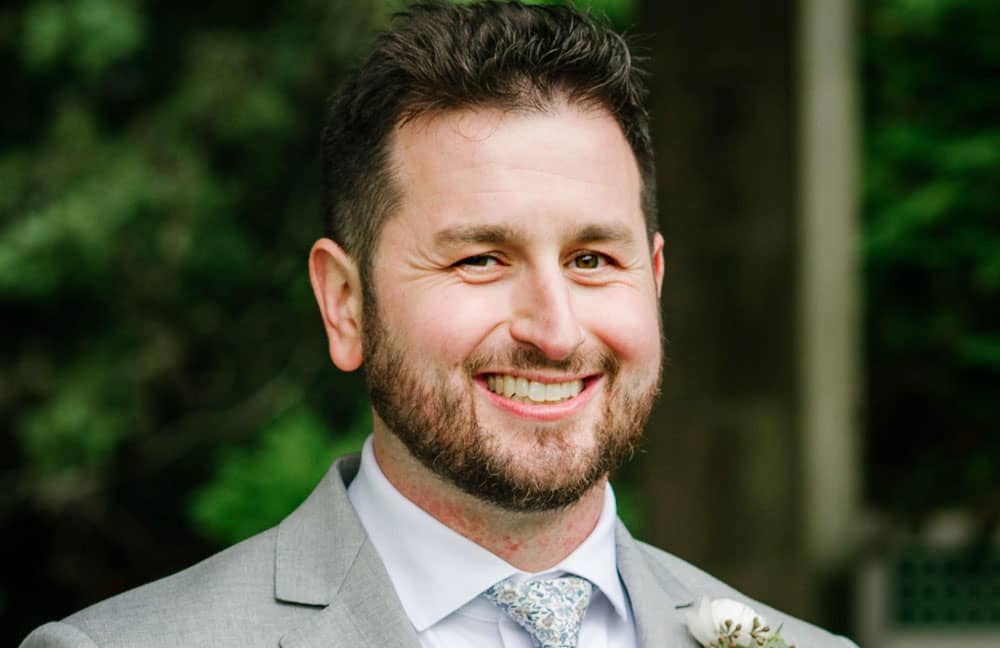
Before KUBO Andrew worked as a Project Manager & Engineer at Little Leaf Farms, and as a Process Engineering consultant at the Barry-Wehmiller Design Group. Through his experience on both the operator and supplier sides of the CEA industry in both the United States & the Netherlands, Andrew can help the board in identifying and forging the strategic relationships across the industry needed to shape the industry’s future.
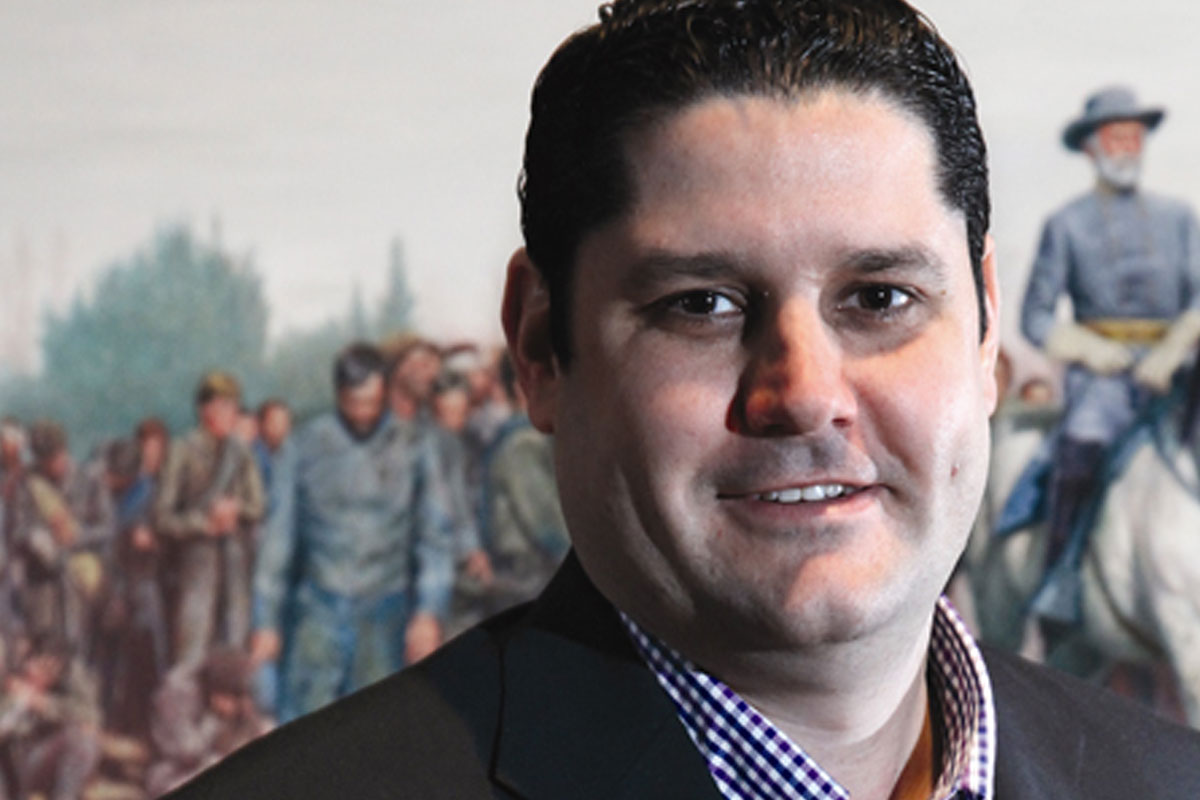
"CEA is a new and dynamic sector full of potential. It needs to be studied and supported, and that’s why the work of RII is so critical. Ultimately, we need data, standards, and leadership recognition systems to drive good policy and smart public-private partnership to solve the energy and water challenges we face."
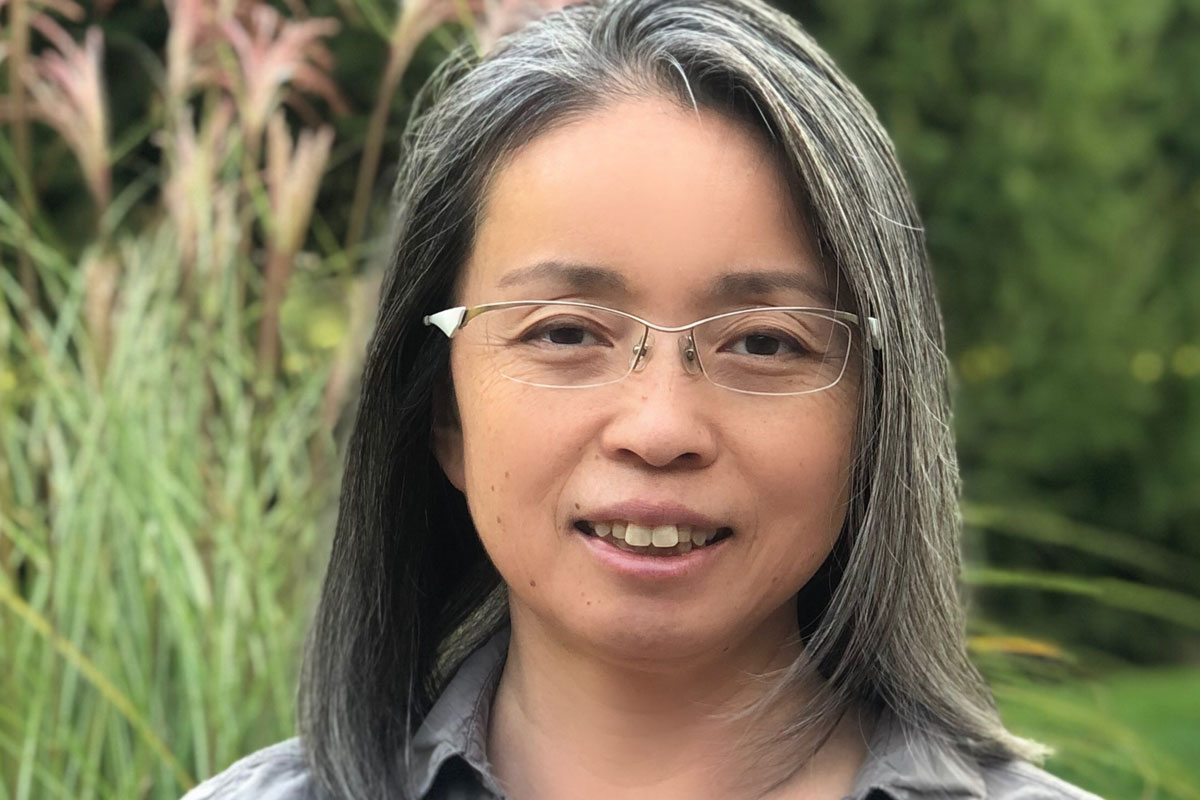
"I am looking forward to working with my fellow board members as RII expands its roster of efficiency programs and services for the growing CEA industry," Dr. Kubota said. "There continues to be a tremendous need for knowledge and information by CEA producers and the design and construction sector that support them. RII is providing a critical role that is complementary to the academic sector."
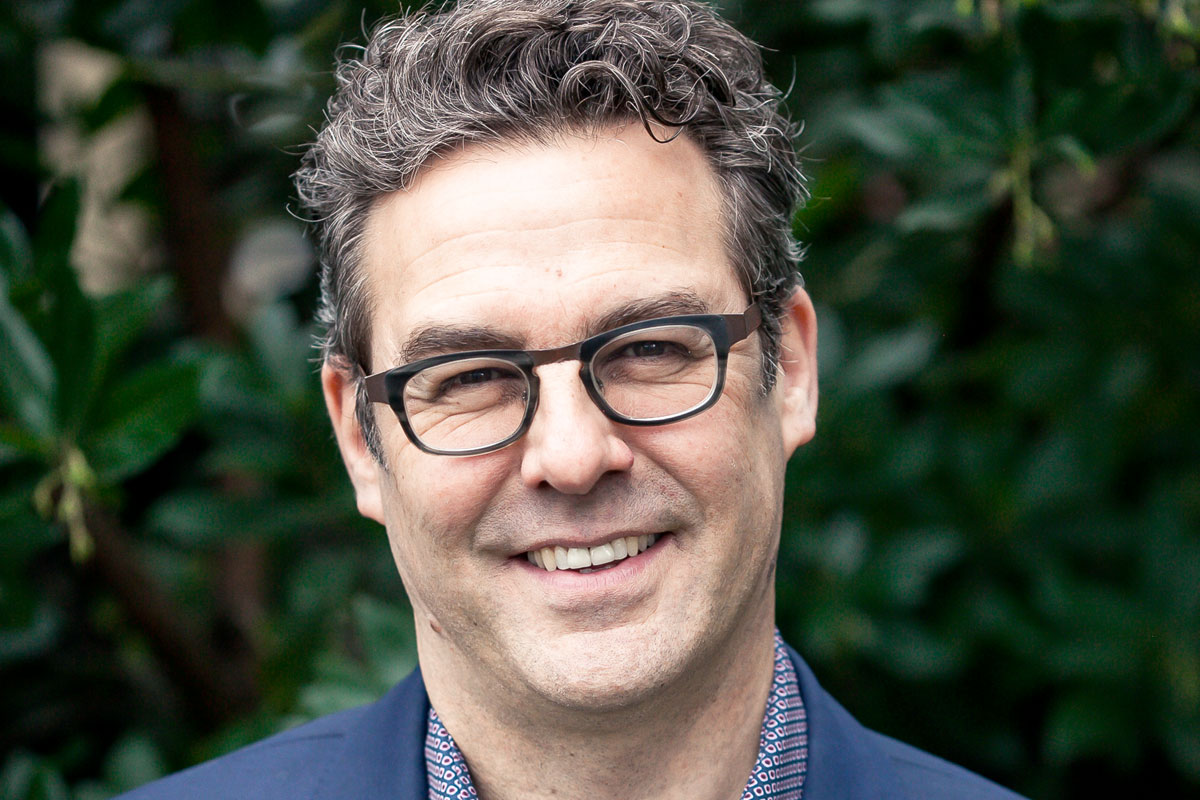

Elizabeth served on the board of the U.S. Green Building Council (USGBC) for seven years, helping drive exponential growth in the LEED green building rating system and has continued to spur market growth for low carbon materials and decarbonization progress in the built environment. Throughout her career, collaboration and strategic stakeholder engagement have underscored every successful program she’s launched, leveraging her ability to effectively bring people with different viewpoints together for a common goal. In 2016 Elizabeth joined her colleagues Derek Smith, Margi Hoffman and John Morris in founding the Resource Innovation Institute, and has remained engaged in its mission since.
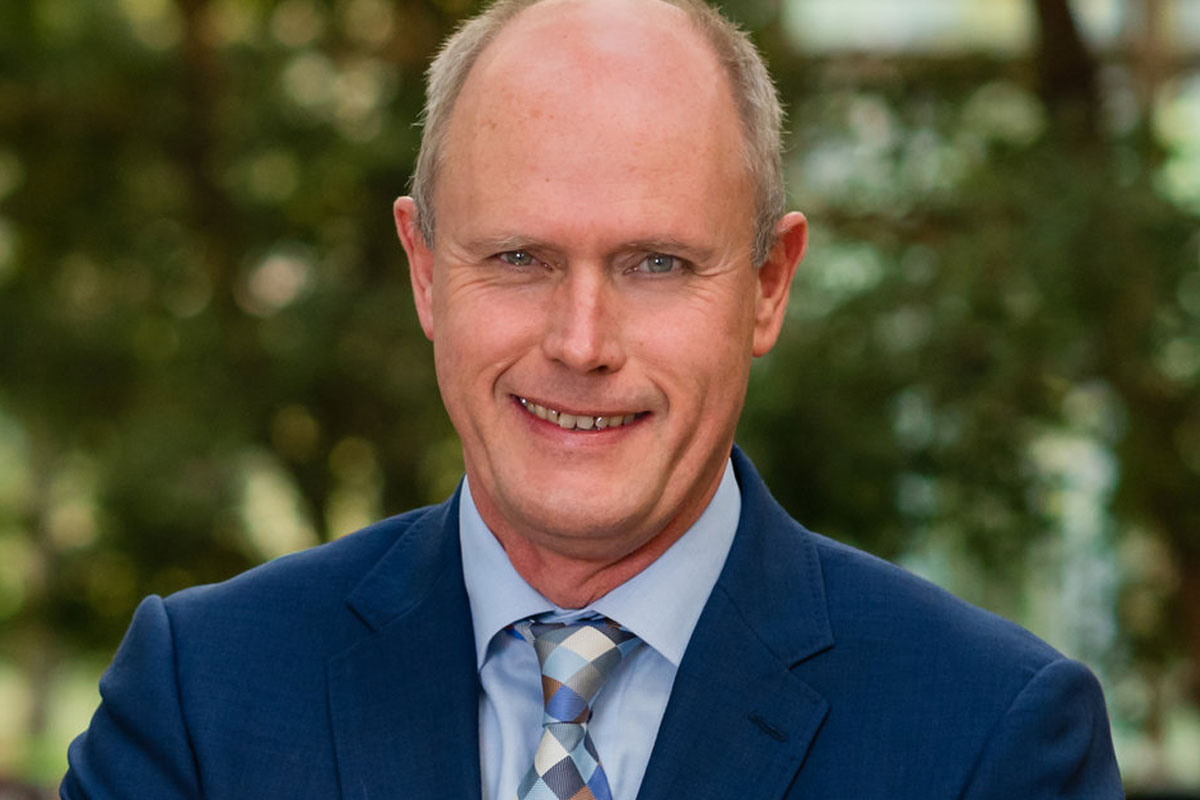
"In many respects, the future of agriculture is CEA," Dr. Westra said. "By providing the resources and knowledge to help CEA producers optimize their facilities, RII is helping to shape and secure that future. It is a privilege to work alongside their team to assist in those efforts."

Jonathan was also previously a Managing Director and Investment Committee Member of Citicorp Capital Asia Pacific Region, a $350M growth equity fund based in Hong Kong. On behalf of Citigroup, Jonathan was a Board member of 3 listed and 2 private companies including WebPattern, a Korean company which in 2000, was one of the first to track consumer Internet usage behavior. Early in Jonathan’s career, as part of the Kyoto Protocol carbon credit program, he worked with a large Brazilian ethanol producer to introduce Sorghum into China as a source of biofuel.
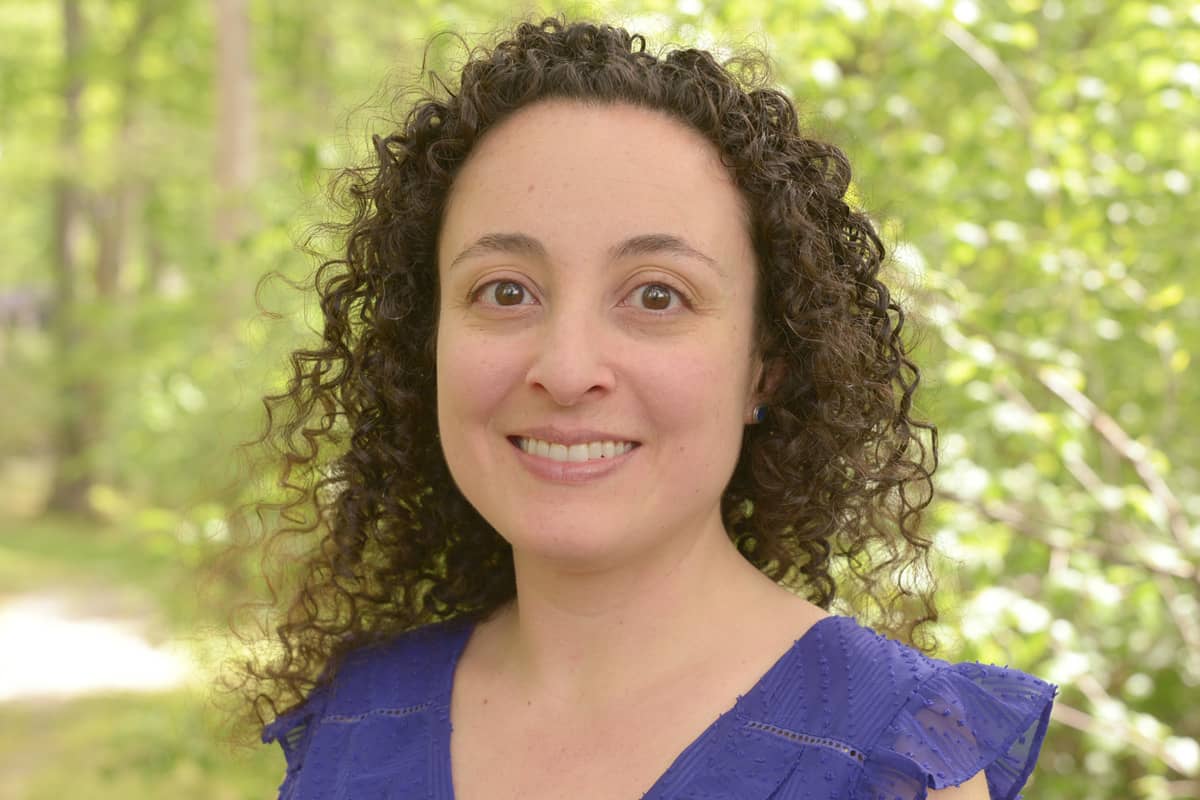
Before that, Julia spent four years in the research world at Hart Research Associates and then as the Director of Research and Policy at the National Women’s Business Council where she created a new research vision to re-energize a defunct organization and partnered with the private sector to create a policy agenda focused on meeting the needs of small businesses. Prior to her time in the research world, Julia spent nearly two years on the first Obama campaign traveling across the county building large constituent and volunteer coalitions in communities as diverse as inner-city Philadelphia to rural South Carolina.
For the past four years, Julia has worked as an adjunct professor at Rutgers Business School where she designed and now teaches in the Social Entrepreneurship program. Julia holds an SB from MIT, an MBA in entrepreneurial management from the Wharton School at the University of Pennsylvania, and an MPA focused on sustainability from the Harvard Kennedy School of Government.
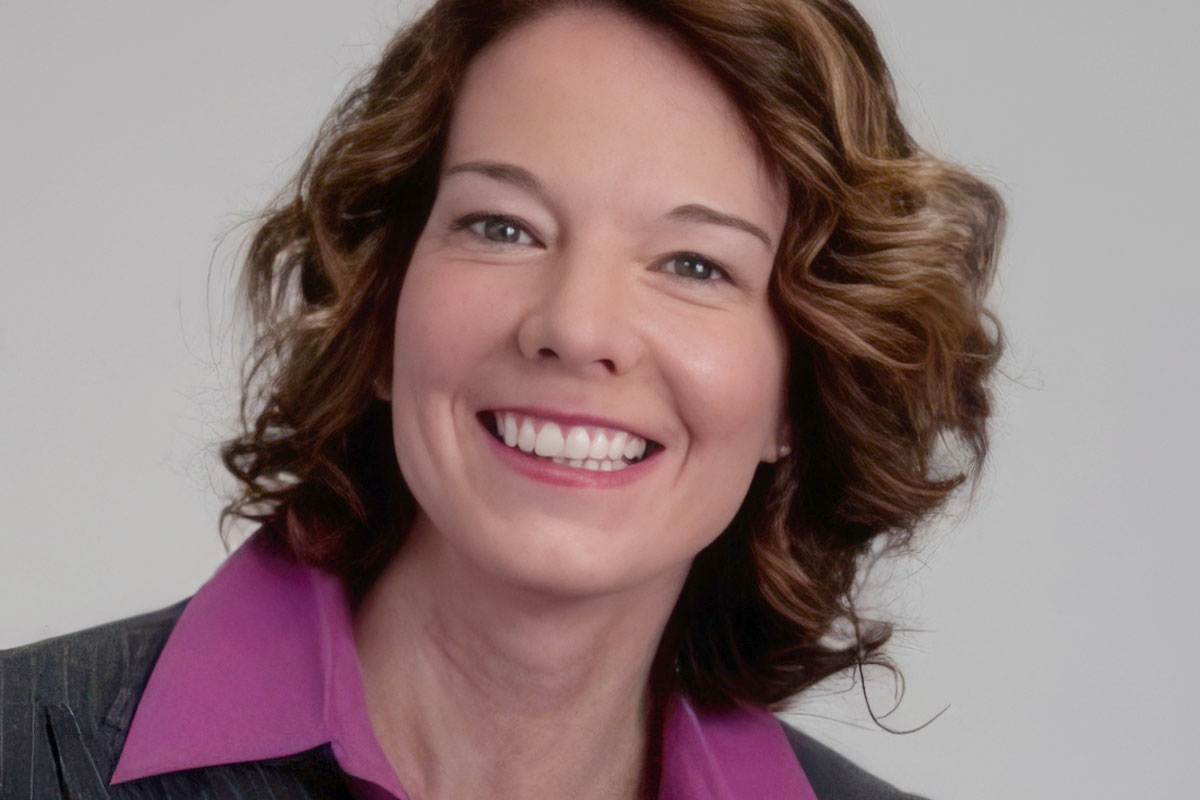
Kimberley has also led corporate sustainability reporting initiatives, producing impact reports and compiling climate and other ESG-related disclosures. She believes RII’s role in the development of standardized CEA benchmarks and sustainable operating criteria is critical to driving continued sector investment.
Prior to joining Equilibrium, Kimberley spent 15 years as an economic and real estate advisor. She held senior consulting positions with the global real estate firm CBRE, providing guidance for large-scale development and community revitalization projects, and aligning real asset portfolios to clients’ corporate objectives and sustainability commitments. Earlier roles include research positions with PwC, Intrawest, and Clarion Partners.
Kimberley earned a B.Comm. degree from the University of British Columbia with a concentration in Finance. She is a member of the Urban Land Institute (ULI), a Board member with the Resource Innovation Institute, and an expert advisor to the Center for Responsible Travel (CREST).
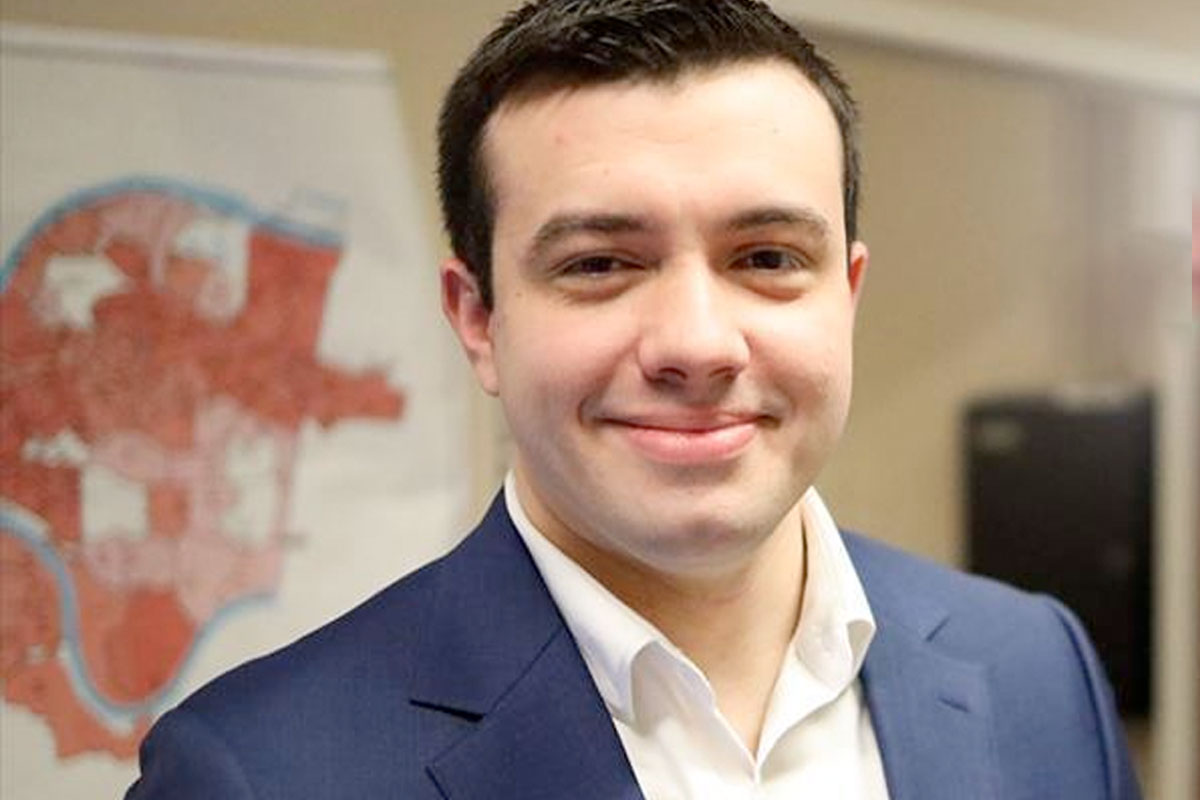
"Pennsylvania is a leader in CEA, which helps supply the state’s need for fresh, local produce while diversifying our agriculture industry," Roth said. "I have been gratified to work with Pennsylvania’s CEA community and I look forward to working with RII to help further the important work of building a stronger CEA industry."
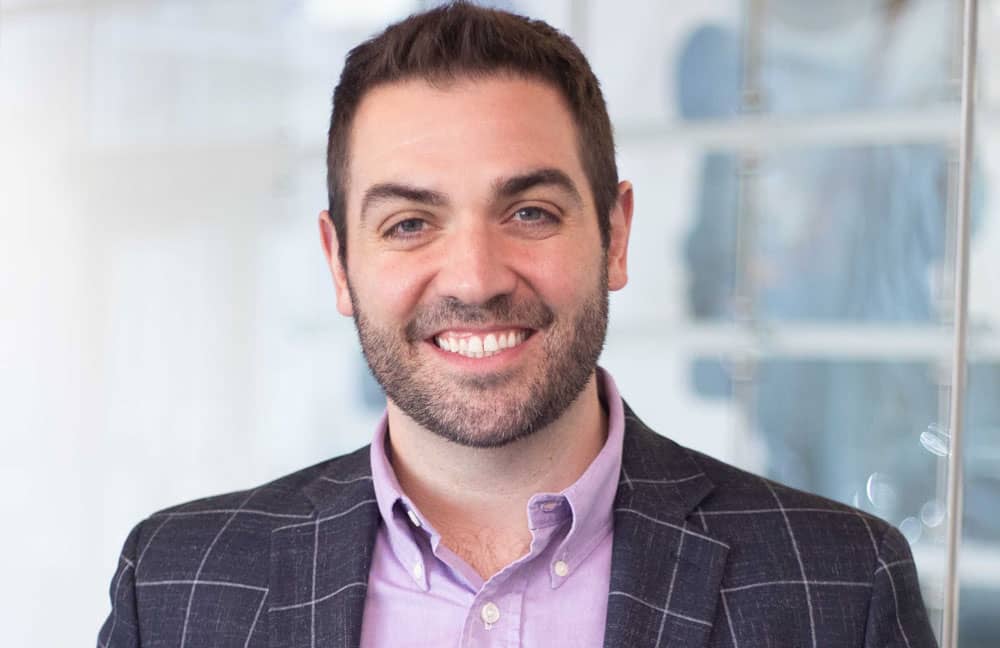
Over the course of Patrick's career, he has overseen over $660 million worth of projects and was promoted to Vice President in 2021 in which he brought in over $100 million in revenue within the first year for the CEA start-up group. During his leadership, his team has completed $600 million worth of projects. He helped establish ARCO's Dallas offices Self Storage group comprising 75% of the office's revenue and was one of the first three project managers to build the $200+ million TopGolf account. He is dedicated to building and growing the team and expanding sustainable ideas to further the growth of the business. In his free time, he enjoys spending time with his family.

"I am honored to be on this board and working with the RII team," Penny said. "It is exciting to help shape the workforce development potential for modern agriculture. This is important work and an incredible opportunity to ensure equitable outcomes as the industry scales. I am grateful to be a part of it."
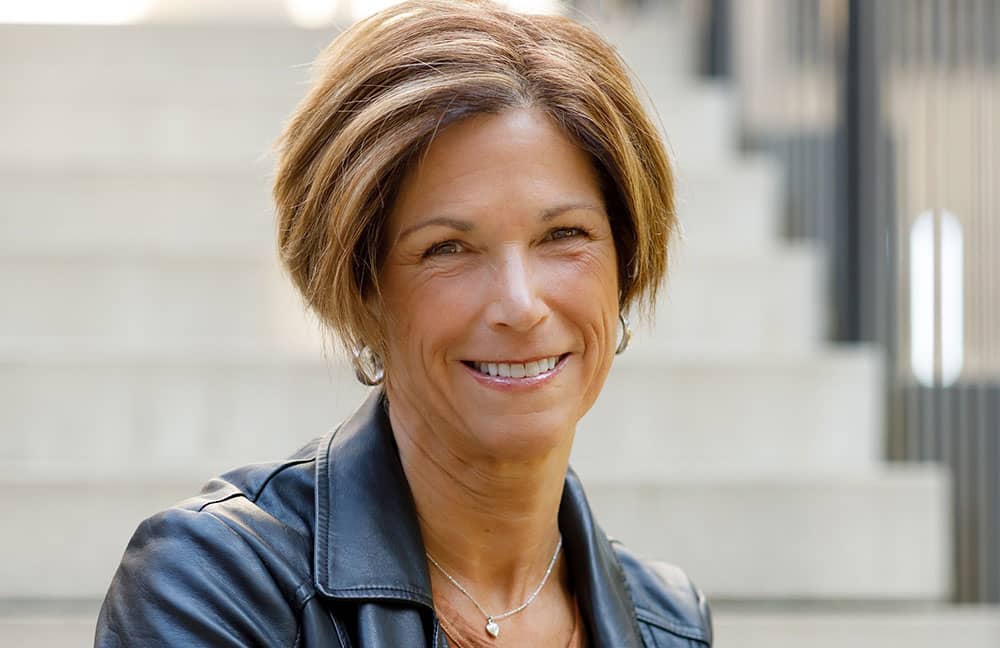
Vonnie hosts the podcast "Fresh Takes on Tech," exploring practical solutions to industry challenges. She also leads the Fresh Field Catalyst Accelerator, introducing new technologies to the field. As the chair of the CEA Council, she plays a key role in fostering collaboration on industry issues. Vonnie received the Rosalind Franklin Award for Leadership in Industrial Biotechnology, recognizing her contributions.
Vonnie also shares her insights through speaking engagements and publications. She actively contributes to company, advisory, and government boards, emphasizing her commitment to advancing technology in agriculture.


